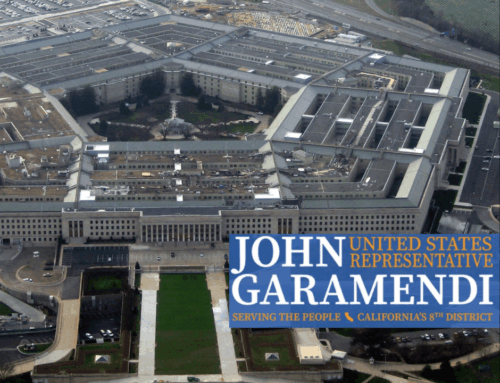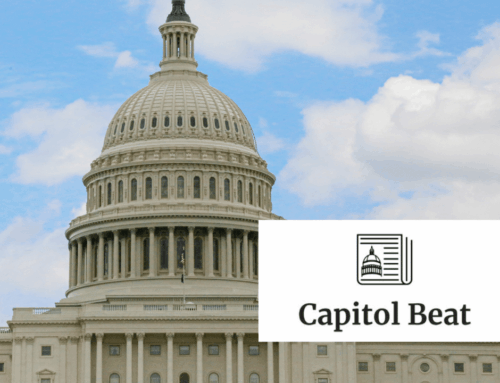This article by Benjamin Parker first appeared in The Bulwark on January 28, 2019
If any one issue threatens to crack up Donald Trump’s hold on the Republican party, it’s trade. And one fault line sits in northeastern Wisconsin. Free trade advocate Mike Gallagher, who represents the 8th Congressional District, has proposed recouping some of the power that Congress has ceded to the executive branch. Just next door in the 7th District, Sean Duffy is seeking to give the president even more power on tariffs.
In cooperation with White House trade adviser Peter Navarro, Duffy has introduced the Reciprocal Trade Act, which would allow the president to raise tariffs on any good unilaterally, so long as he made the determination that other countries had higher tariffs on that good. The bill, which has 18 co-sponsors, would expand the existing, pre-delegated powers of the president on trade to be almost limitless. Senate Finance Chairman Chuck Grassley has already stated he has no interest in ceding more tariff authority to the White House, effectively killing the bill.
Under current law, the president can raise tariffs without approval from Congress only after the Commerce Department conducts a study finding that the tariff advances certain goals like national security. The Duffy bill removes all the safeguards of the current system: no independent report and no specific criteria.
The key provision of the bill is that the president himself gets to decide when the conditions are met for higher tariffs. Although the text of the bill has yet to be released, it supposedly allowed the president to raise tariffs to match other countries’ tariff levels – or for a variety of other reasons – without any check or independent review.
The bill has been condemned by a host of conservative and libertarian groups, including some Tea Party organizations that came of age with Duffy: The National Taxpayers Union, Americans for Prosperity, Americans for Tax Reform, the Club for Growth, FreedomWorks, Freedom Partners, American Commitment, the Campaign for Liberty, the Center for a Free Economy, the Center for Freedom and Prosperity, the Competitive Enterprise Institute, the Hispanic Leadership Fund, the Niskanen Center, the R Street Institute, Secure America’s Future Economy, Taxpayers for Common Sense, and the Taxpayers Protection Alliance. In the 7th district, the Republican representative supports an imperial presidency that can raise taxes on American citizens (because tariffs are indeed taxes) without Congress getting a say. Forget the Constitution – “The Congress shall have Power To lay and collect Taxes, Duties, Imposts and Excises… [and] To regulate Commerce with foreign Nations.”
Process and law aside, it’s unclear why Duffy, once a darling of the Tea Party, would want to make raising tariffs so easy in the first place. Tariffs stifle economic growth and reduce employment. As it turns out, for those overly concerned about the meaningless trade deficit, tariffs actually exacerbate trade imbalances, too. The Republican architects of the Smoot-Hawley tariff of 1930, which helped plunge the world into the Great Depression, would be perfectly comfortable with Duffy’s policies (perhaps apart from their implications for unchecked presidential rule).
One district over, Mike Gallagher exemplifies a much different Republican brand, but one that would have seemed familiar before Donald Trump took office. Last year, Gallagher introduced a bill that would require congressional approval for new sanctions, attracting 23 co-sponsors including firebrands like Justin Amash of Michigan and pragmatists like Elise Stefanik of New York. The bill died in committee less than two weeks after introduction, but he plans to reintroduce it in the new Congress.
Gallagher was never a Tea Party favorite the way Duffy was, partly because he’s too young. Gallagher was still in college when Duffy was on reality TV (Google it if you must). Gallagher was leading intelligence teams in Iraq when Duffy was a Wisconsin district attorney, and he was finishing his Ph.D. in international relations when Duffy was riding the wave of conservative iconoclasts bent on shaking up the establishment, in his first term in the House.
That was eight years and $8 trillion in debt ago. Duffy and Gallagher seem to think their constituents and parties want opposite things. They can’t both be right.










